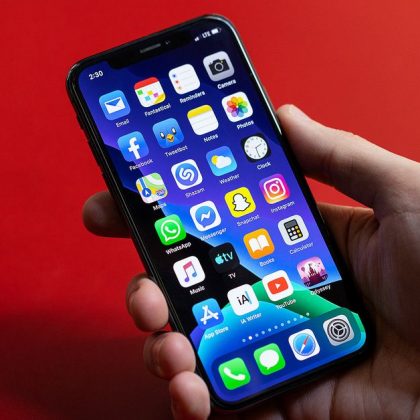Parents in Canada have filed a class action lawsuit against Epic Games, the company that made the popular video game Fortnite. The distraught plaintiffs accuse the devious minds behind Fortnite of intentionally creating it to be “as addictive as possible.” This addiction has destroyed their children’s lives, they say.The lawsuit says that one of the supposedly addicted children has played around 1,800 Fortnite matches in seven months, while the other has logged about 7,000 matches and often stays up playing until the early morning hours. Google tells me that a Fortnite match typically takes about 20 minutes. If this is a good estimate, then these children have spent 600 hours and more than 2,000 hours, respectively, playing the game.There has been a lot of discussion lately about the alleged scourge of video game addiction. Just this week it was announced that children in the UK will receive treatment for their addictions through the National Health Service. Kids who suffer from this affliction can meet with psychologists and psychiatrists at the newly minted Centre for Internet and Gaming Disorders. Kids in our country, too, seem to be coming down with this mysterious disorder at an alarming rate. Fortnite, according to Bloomberg News, is even “forcing kids into video game rehab.”Most kids hopefully aren’t putting 2,000 hours a year into their video game habit — excuse me, “addiction” — but they are averaging over two hours a day, according to some studies. That’s a significant chunk of time when you consider that it is just an average — many kids are playing for significantly more time than that — and it doesn’t include all of the other time spent on other forms of media. But does it justify treating video games as an addiction? And who exactly should we be blaming for the problem? Are video game companies guilty of using some sort of voodoo to hypnotize kids and compel them to keep playing, or is there a more mundane and localized explanation?On the first question, as professors of psychology Christopher J. Ferguson and Patrick Markey pointed out in a recent op-ed, video games are not “in any meaningful sense” addictive. Yes, the pleasure of playing video games involves the same areas of the brain that drug use activates, but the same can be said for just about every enjoyable activity. If this simple neurological fact justifies the comparison between Fortnite and cocaine (a comparison made in the Fortnite lawsuit), then you could also argue that reading a book is tantamount to using heroine and going for a jog is like smoking crystal meth. The only similarity between these activities is that the person doing them enjoys them, and they all involve, therefore, the part of your brain that facilitates the enjoyment of things.The op-ed cites a study published in the American Journal of Psychiatry which finds, at most, 1% of gamers who “might qualify for a potential acute diagnosis of Internet gaming disorder” (emphasis mine). But even this 1% figure is
Read More
10October





